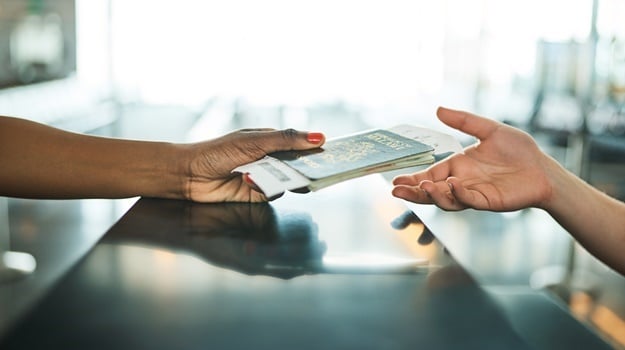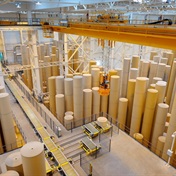
The most critical factor in the survival of the travel and tourism industry is restoring the confidence of travellers, which means health and hygiene standards will need to be at the forefront - and governments will have to work together with the private sector.
This is according to Gloria Guevara, president and CEO of the World Travel & Tourism Council, who was speaking during a webinar hosted by international industry body the Centre for Aviation on Wednesday.
Guevara said it is crucial for governments and the private sector to work together to build consumer confidence so that they begin travelling again, whether domestically or internationally.
Implementing set new standards of hygiene expected in a post-Covid-19 world will play a key role, she added.
Customers needed
Travel restrictions have been eased in various parts of the world, including South Africa. But industry members have expressed concern over continued losses if they operate without rekindled interest from consumers. This, in turn, could take a broader economic toll.
According to WTTC's 2020 Economic Impact Report, during 2019, travel and tourism was responsible for one in 10 jobs (330 million total), making a 10.3% contribution to global GDP and generating one in four of all new jobs.
"After 9/11 it took about 4.5 years for the travel and tourism industry to recover, because governments did not have a coordinated approach. Even today, there are some airports where you have to remove your shoes at security checks, and some where you don't have to. That impacted traveller confidence," said Guevara.
Standardising the wearing of masks could be one example, she said.
"It will not create confidence in travellers if they take one flight where they are required to wear a mask and then this requirement does not exist on the next flight they take," she argued.
On Tuesday, the International Civil Aviation Organisation (ICAO) released its global guidelines for restoring air connectivity, consisting of risk-based temporary measures for air transport operations during the Covid-19 crisis. The guidelines propose a phased approach to restarting aviation and identify a set of generally applicable risk-based measures.
These include feasible physical distancing; wearing of face masks by passengers and aviation workers; routine sanitation and disinfection; health screening; contact tracing; passenger health declaration forms; and testing, if and when real-time, rapid and reliable testing become available.
The WTTC also recently issued a new comprehensive package of Safe Travels protocols for those involved in the travel and tourism industry. These are designed to drive the return of safe travel and enable industries, namely tour operators and convention centres, meetings and events.
The International Air Transport Association (IATA) collaborated with the WTTC on the aviation protocols as part of this initiative. The protocols are backed by the United Nations World Tourism Organisation (UNWTO) and include enhanced cleaning for airports; use of personal protection equipment; possible pre-arrival health risk assessments; and a reduction in passenger touchpoints at airports.
For tour operators, guidelines include physical distancing; distinguishing between different areas of risk at venues; and limiting physical interaction and possible queuing in reception and registration areas. Additional and separate measures for the cruise sector and insurance businesses, among others, are currently being developed.
"The key priority in aviation has always been the safety of passengers. We will never fly people if there is a risk posed to them," said IATA CEO Alexandre De Juniac, adding that medical specialists were closely involved in the development of the ICAO guidelines.
"We don't want governments imposing measures not in line with the ICAO guidelines as that will create uncertainty for travellers and delay recovery of the industry," said Guevara, adding that strict quarantining could have a negative impact.
If international travellers are quarantined for two weeks upon arrival at a destination, this could impede the takeoff of corporate travel, she said.
Guevara believes the need for corporate travel will remain, despite technological advances.
"We have seen that in the past. When there was an interruption or innovation in the travel and tourism industry - for instance video conferences - we saw that it still did not replace the need to build trust in face-to-face meetings," she said.
"As long as there is a consistent standard applied in the travel and tourism industry, I think we are moving in the right direction with our efforts to restore confidence and get people to travel again."




 Publications
Publications
 Partners
Partners











